What information have you taken in, in the last few minutes or hours, and how has it affected you? In our constantly-connected and rapidly changing world, we are being overwhelmed with information at all hours of the day, and that can take a toll. April is Stress Awareness Month, and it’s time we look at all the little ways our online interactions are affecting us.
With limited in-person events over the last few years, our entire world shifted online. We came to rely on our social media feeds for our daily source of human interaction, and they played a crucial role in helping us (try to) stay connected. While social media is a powerful tool of connecting and building with community, it can also be exhausting, invasive and anxiety inducing when used without intention.
Think about a time where a stranger's post or comment online upset you, or you spent a bit longer than anticipated scrolling through your feed. Chances are, you did not intend to spend your time in that way. We often check our social media feeds for a “quick” update and more often than not, that update takes significantly longer than anticipated. This can become particularly detrimental especially during times of political turmoil or social unrest. We “doom scroll” to feel in control, and informed, but the information we take in can have the opposite effect.
Consequences of Poor Social Media Hygiene
The impacts of overusing social media can fuel feelings of stress, anxiety, isolation, fear of missing out, inadequacy or even dissatisfaction in quality of life. It causes us to subconsciously compare our lives to people we know little to nothing about. Studies show that high usage of specific platforms increase feelings of loneliness. It can even decrease your quality of sleep, and act as a distraction from work, family life and other responsibilities, adding to feelings of guilt and anxiety.
The problem is, we sometimes don’t know how much time we spend scrolling. Those “quick checks” eat away at our day and energy, before we even realize it.
A few suggestions:
● Start with self-monitoring in order to assess how much time is spent on the various platforms and how they make you feel. This involves being more mindful of when you’re picking up your phone/devise, and how you’re feeling both before you pick it up, and after you’re done scrolling.
● Turn off devices (or go into airplane mode) at specific times during the day. This may mean no phones while you’re eating, or no screens an hour before bed. For me, I leave my device in a different room overnight so that it’s not the last thing I check before bed or the first thing I check in the morning.
● Cleansing your timeline and following people/companies that support your intentions. If you want to use social media to stay connected with loved ones, then honour that by being intentional about who you follow.
● Cultivate your social media experience. A big piece of this is knowing that you don’t have to consume everything that’s out there. Yes, staying informed is powerful and important, but excessive use can come at our own expense.
Social media is a powerful tool and there are positives to using it - from community building to earning a living. Self-monitoring and being intentional about which platforms you engage on will help with managing stress and ensuring you are using them to your advantage.

